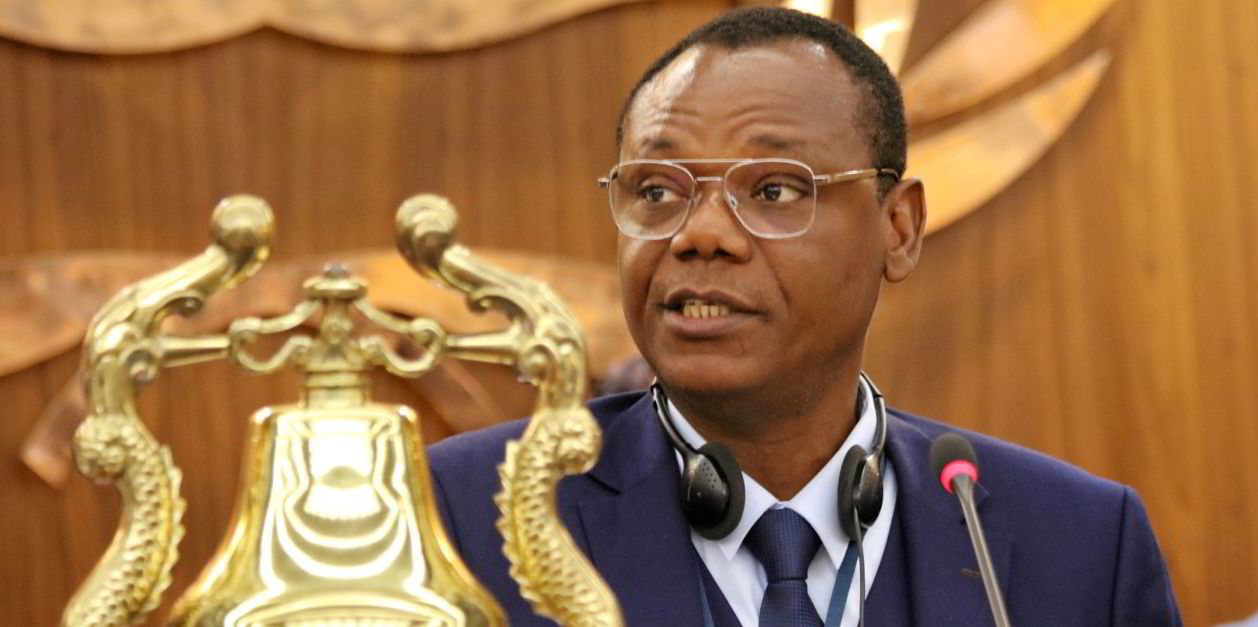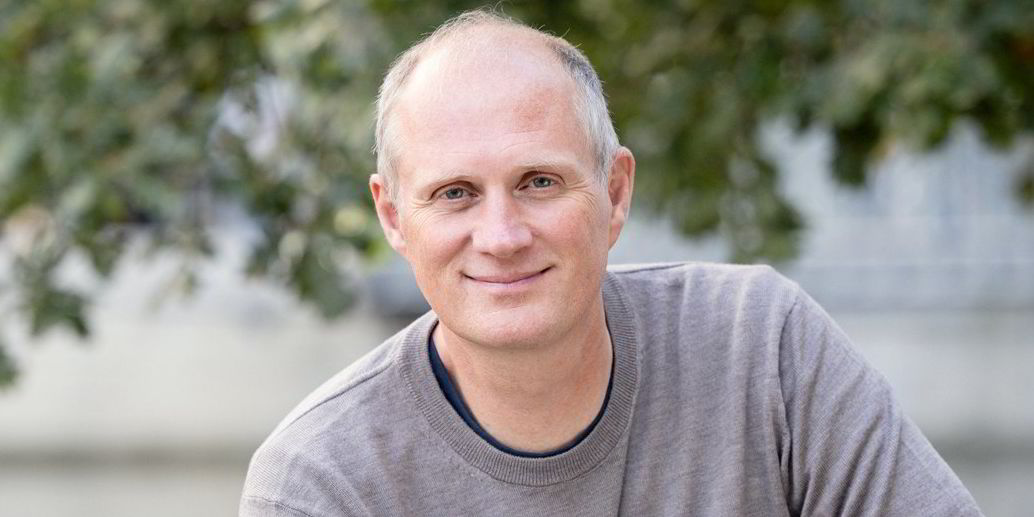Talks are expected to go to the “11th hour” as the International Maritime Organization’s Marine Environment Protection Committee meets in London this week to seek consensus over an emissions pricing mechanism that will fit with its “basket of measures” to drive decarbonisation.
The MEPC meeting is the first since the regulator agreed on its historic decarbonisation strategy last year, coming hot on the heels of a week of intersession talks focused on finding common ground.
However, according to researchers at London-based consultancy UMAS, having boiled down options member states are still split between three different pricing mechanisms.
And despite growing optimism, a concrete decision will likely not be made until the autumn when the MEPC meets again.
At the heart of the debate is how an economic levy, a feebate system or a fund might work, and how they would sit with technical measures.
The three concepts come with the idea of a greenhouse gas fuel standard, which forms the so-called technical measure.
According to UMAS, 14 countries, largely what it calls “middle-income countries”, support a fuel standard which includes “flexibility” or vessel pooling, with a form of trading mechanism.
Eighteen member states support a fuel standard, without flexibility, working with a price, or levy, for emissions. This group includes the least developed countries and the small island developing states.
The third group, largely the most developed countries, support a fuel standard with flexibility in an emission trading system, and greenhouse gas price, or levy.
Flexibility is a proposal in the global fuel standard which could allow shipping companies to pool vessels.
Such an idea, similar to that proposed in European Union regulations, sets an emissions benchmark which vessels should be under but can allow poor-performing ships to be pooled with better-performing vessels to achieve a pooled average.
In a twist, this technical measure could also be linked to a revenue generation scheme.
One delegate member told TradeWinds that there is increased convergence on ideas, and therefore growing optimism, but suggested that the talks will go to the 11th hour.
They added member states from the three groups now need to work behind the scenes to put joint papers forward with a combined idea that countries can get behind.
Those papers will be submitted for the second of the two MEPC meetings this year, in the autumn.
The goal the member states have set is to find agreement by the 83rd MEPC meeting in 2025, thus giving time for the new texts to be approved and for the IMO regulatory process to work.
This would mean that technical measures, financial measures and fuel life cycle calculations would be enshrined in the marine pollution convention, Marpol, by 2027.





